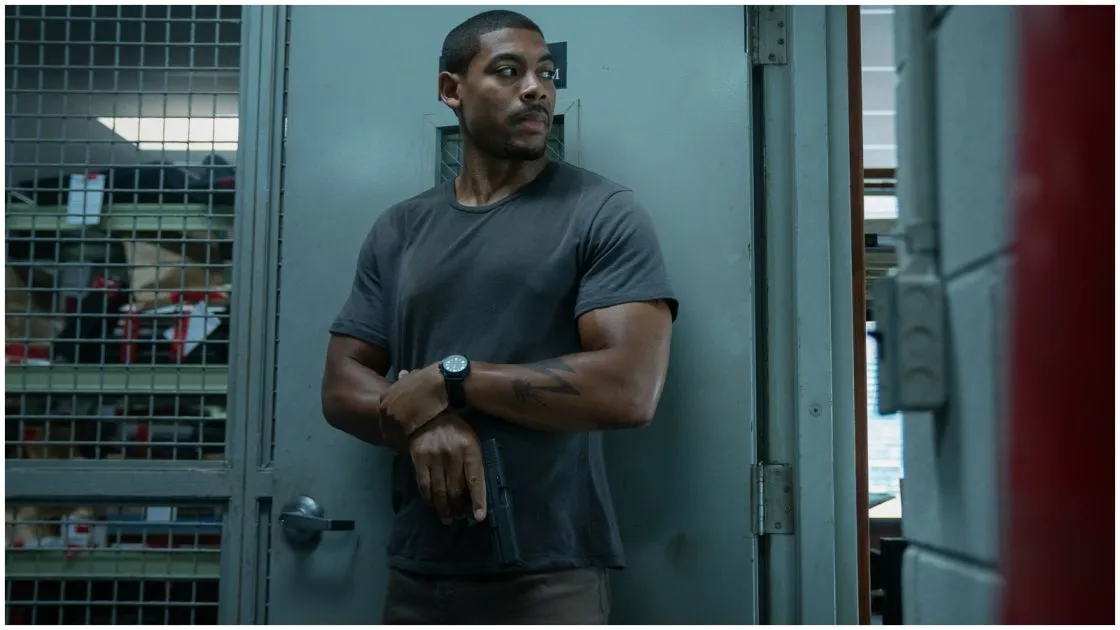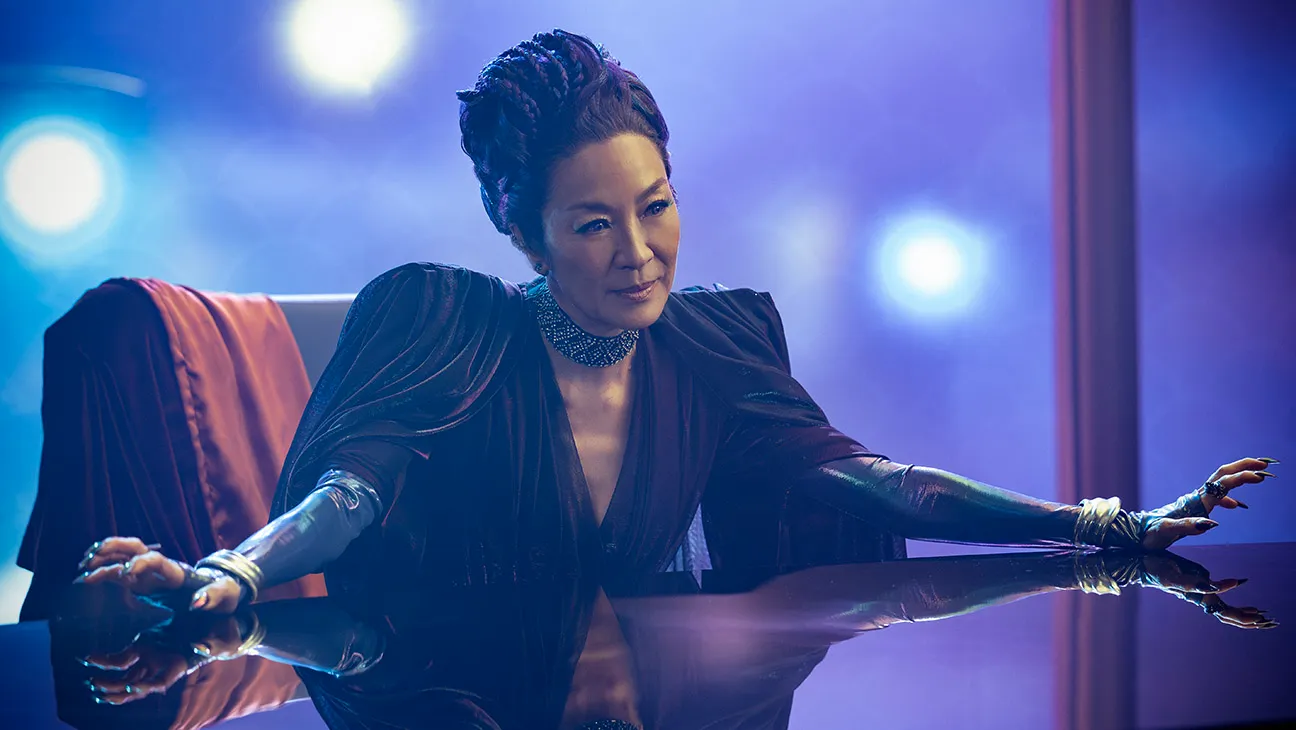Like the other two legendary 1933 backstage musicals from Warner Bros (42nd Street and Footlight Parade) Gold Diggers of 1933 is a overjoyed convergence of individual talents, campy songs, elaborate spectacle and snappy dialogue. In all three, Busby Berkeley directs the musical numbers, with songs by Harry Warren and Al Dubin. The stars and weft actors – many seeming in all three – vivificate scripts rooted in period details, and crucially, remain funny to this day. In Gold Diggers, I’m partial to Aline MacMahon as the unsentimental comic Trixie Lorraine and Ned Sparks as the hilariously serious producer Barney Hopkins.
Yet what makes Gold Diggers increasingly than timeless entertainment, turning 90 and fresh as a daisy in 2023, doesn’t towards in the official screenplay. The mucosa was set to end with the schmaltzy ‘Shadow Waltz’ relegating the radical ‘Remember My Forgotten Man’ to the middle. The screenplay moreover stipulates a final, diminishing reprise of the brazen satirical opening number ‘We’re in the Money’. Instead, ‘We’re in the Money’ opens the mucosa in a state of disarray, its lippy opulence rudely interrupted by the harsh reality of the Depression. ‘Remember My Forgotten Man’ becomes the finale to wordplay such an opening, a variegated kind of spectacle wise to harsh reality, erupting onto the scene just when you might think it’s all over.
‘We’re in the Money’ is a number designed to be interrupted: cops storm the theater, latter the show during dress rehearsal since Barney can’t pay his creditors. For the film, the spectacle is triumphant. Cutting it short takes head-on the fantastic, hopeless glut with which our dreams might recoup for impoverished daily life. The number features costumes made theoretically of nothing but giant coins, placed with whorish expedience – a chorus of capitalist Eves, literalizing an idiom: these dames are indeed “in” the money. As the film’s title suggests, this is a spectacle of “gold diggers” and it features a group of sassy chorines, all working women who find love in the upper classes.
Yet these women play impishly off the stereotype. They long for the things money can buy, but not at any price. Interestingly, Ginger Rogers’ Fay is the one main sexuality weft who doesn’t find a match, and she’s the one who opens the mucosa as soloist in this taunting gold-digging number. She looks right into the camera, enunciating so we cannot possibly miss her gist plane singing in pig Latin, in confrontational close-up. Characteristically, Berkeley goes far over the top, not just delivering a fantasy, but exposing one carried to the point of absurdity. The underlying willpower of this art brings us squatter to squatter with something stubbornly and strangely real. Rogers closes the scene, drily: “It’s the Depression, dearie.”
Because of its production history, and considering the plot wraps up neatly surpassing ‘Forgotten Man’, some critics have considered the final number an afterthought. Yet its unpeaceful energy is what puts it over. We’ve heard it discussed at its siring – rhapsodically, in the show-girls’ suite where Barney recounts his vision. Barney asks the composer Brad (a goofy young Dick Powell) if he’s got “something with a sort of march effect, march rhythm to it?” Does he ever.
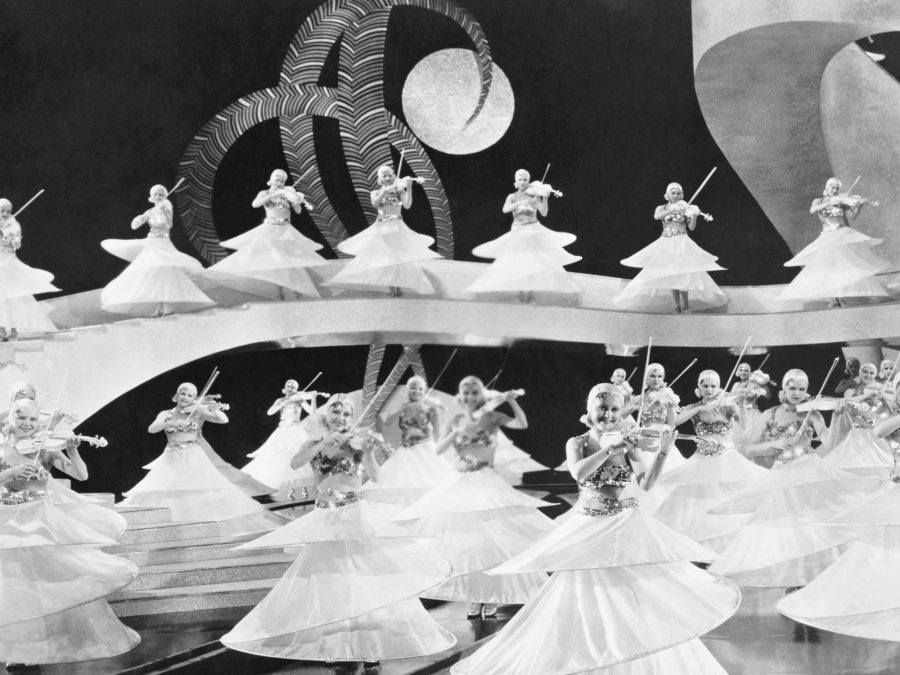
It’s “something well-nigh a forgotten man.” As Brad starts to play, Barney, electrified, discharges a stark poem in his special comic style: “Stop!…Go on…That’s it! That’s what this show’s about! – The Depression – men marching – marching in the rain – doughnuts and crullers – men marching – marching – jobs – jobs – and in the background, Carol – spirit of the Depression – a undecorous song – no, not a undecorous song – but a wailing – a wailing! …”
In the event, Blondell, not a singer, gives the opening in speech-singing or recitative. She’s a prostitute, picking up on a line older in the film, when Brad initially refuses to replace the show’s lead “juvenile” (stricken with lumbago). Brad has his reasons, and that drama propels the romantic plot, but Trixie doesn’t superintendency what his reasons are. If he lets those girls down, they’ll lose their jobs: “They’ll have to do things I wouldn’t want on my conscience.” How other people get on one’s conscience may be an unlikely preoccupation for musical comedy, but it becomes inside to the film, leading up to and including the final number.
Just how conscience can have a sense of humor comes up in that conversation in the show-girls’ apartment. Trixie presses Barney on where she, as comic, fits into this unsafely serious picture: “Isn’t there going to be any spectacle in this show?” “Plenty,” he says. “The gay side, the hard-boiled side, the cynical and funny side of the Depression. I’ll make them laugh at you starving to death, honey. Be the funniest thing you overly did.” To laugh at such things is either callous, or it is humane in a way that couldn’t have been foreseen, and goes to the heart of what makes this mucosa tick. The funny thing well-nigh Barney is that, like Buster Keaton, he never laughs, but he sees where laughter is possible.
The final number in itself might be fatally serious or “hilariously dated” (as Pauline Kael found it by 1961), taken out of context. You don’t get from it “the cynical and funny side of the Depression” unless you see it in sequence, and in the way it balances and completes the opening number, ‘We’re in the Money’. A “Forgotten Man” hadn’t just been mislaid, but betrayed. The phrase came to midpoint what it ways in Gold Diggers – a WWI veteran neglected by his country – with a 1932 speech by FDR, surpassing his presidency, while the Bonus Army was preparing to march on Washington. The song’s imperative is “Remember” yet the politics of remembrance are indeterminate. Carol’s opening lines manipulate with any plea for pity: “I don’t know if he deserves a bit of sympathy. Forget your sympathy, that’s alright with me…” This won’t be a song of idealism.
In the opening sequence of this number, the camera pans to women in windows: one worried with a baby, looking like she’s walked out of a Dorothea Lange photograph; one white-haired in a rocking chair, wringing a handkerchief. One is Etta Moten, the Black singer whose rich contralto picks up where Blondell leaves off, lifting speech into song. In an era when Black performers were tint scrutinizingly exclusively as servants or clowns, there’s power in the wifely validity she brings to this relatively unenduring visitation – Moten’s presence, uncredited but not token, is a quiet explosion.
Plainclothes costumes play versus the outrageous bling of ‘We’re in the Money’. The stage approximating historical reality – from the parade sending men off to war; to the “marching in the rain” Barney promised (with bayoneted rifles); to yucky soldiers marching when from the war in the same rain; to breadlines of the film’s present day – plays versus Berkeley’s trademark fantasia.
Blondell’s close-up echoes Rogers’ from the opening, the steadiness of her gaze as if she’s daring us to twinkle first, and Moten’s singing conveys sorrow and a fiery, dry-eyed resilience. The song retains its power today through these performances, and considering of the persistence in modern life of people relied upon and betrayed. Veterans of the war in Afghanistan and Iraq may be the obvious 21st-century equivalents of “forgotten men” but the correspondence doesn’t end there – these are the venal multitudes, implicated at every level of first-world life.
The element of endangerment that brought the mucosa together, making it whole, primed it to meet a 21st-century need for just this quivering wastefulness between levity and fury. Framed by ‘We’re in the Money’ and ‘Remember My Forgotten Man’ this sparkling spectacle of conscience remains a tonic for visionless times. Making a spectacle of shared suffering turns out to be one way to withstand it.




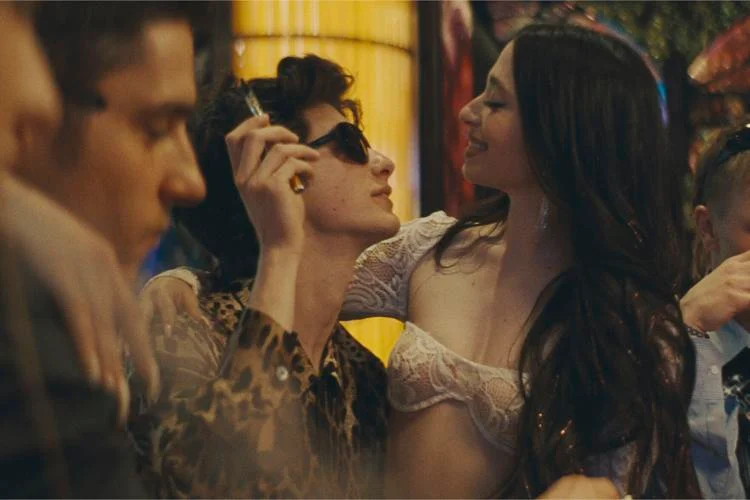

.webp)
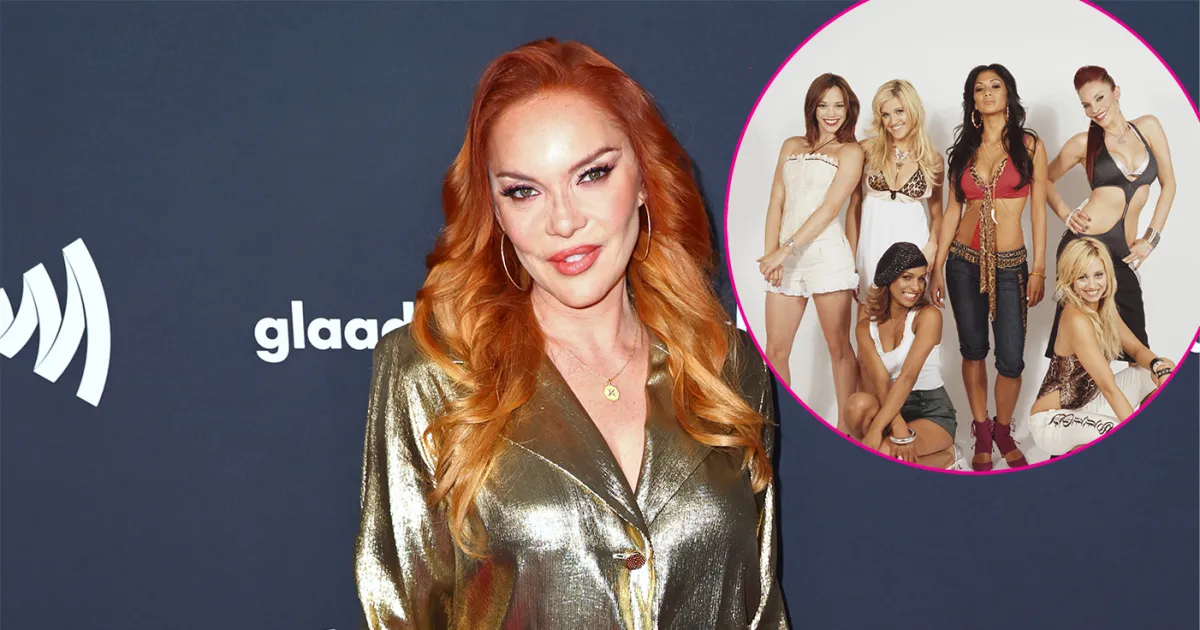
.jpg)
